I am new to C and C++. I understand that whenever a function is called, its variables get memory allocated on the stack, that includes the case where the variable happens to be a pointer that points to data allocated on the heap via malloc or new (but I heard it is not guaranteed that the storage allocated by malloc is 100% on the Heap, please correct me if I am wrong). For example,
Void fn(){
Member *p = new Member()
}
Or
Void fn() {
int *p = (int*) malloc( sizeof(int) * 10 );
}
Please correct if I am wrong, in both cases, variable p (which holds the address to the object allocated on the heap) is on the stack, and it points to the object on the heap.
So is it correct to say that all the variables we declare are on the stack even though they might point to something on the heap?
Let’s say the address of local variable pointer p is loaded at memory address 001, it has the address of the member object located on Heap, and that address is 002. We can draw a diagram like this.

If that is correct, my next question is, can we have a pointer that is actually located on the heap, and it points to a variable located on Stack? If it is not possible, can that pointer points to a variable located on Heap? Maybe another way to phrase this question is: in order to access something in heap, we can only access it via pointers on the stack?? A possible diagram could look like this
If that is possible, Can I have an example here?


